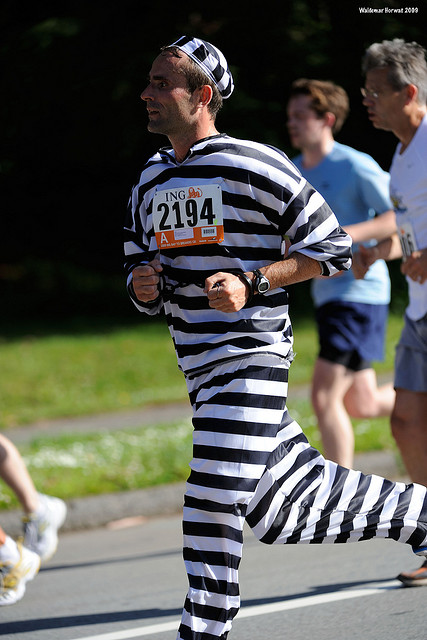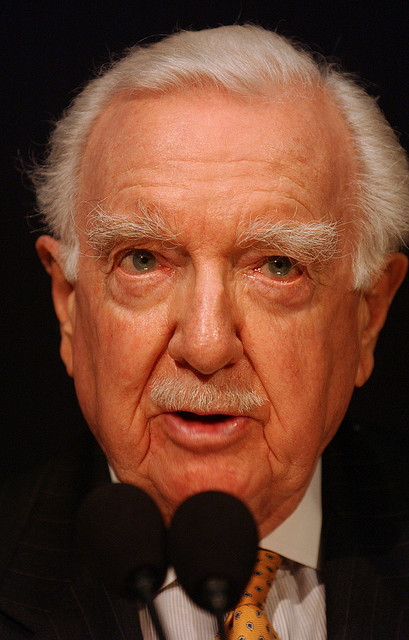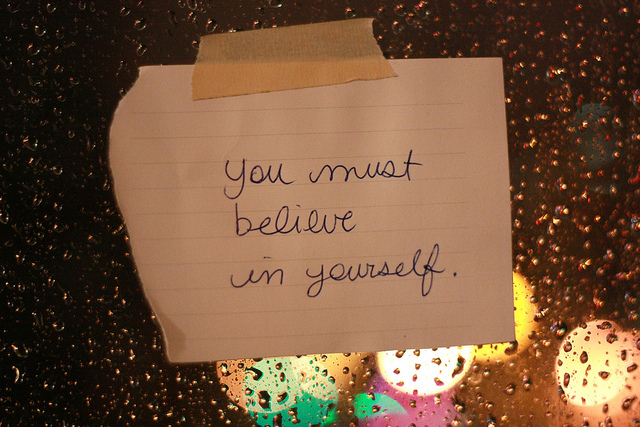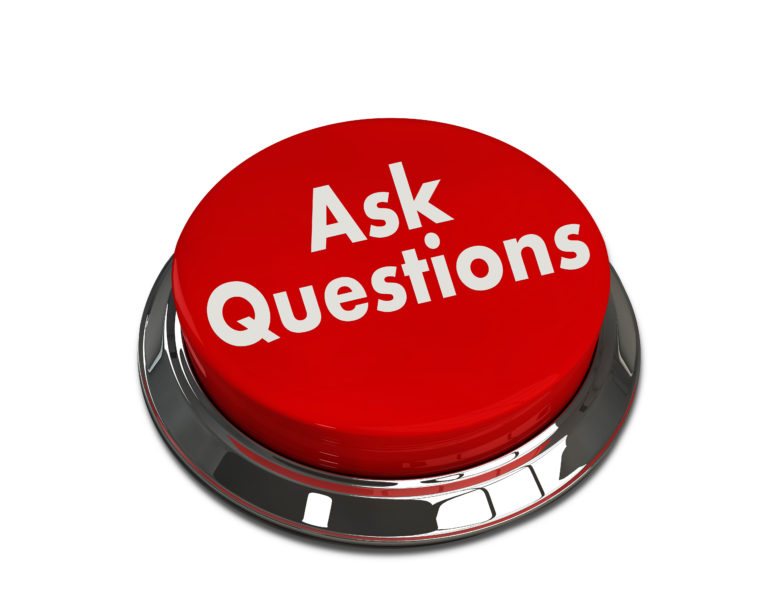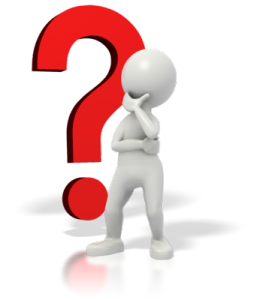“Patience is the Companion of Wisdom.”
—St. Augustine, early Christian Theologian

Photo from Flickr by Thomas Mues
When was the last time you watched a great leader give an inspiring speech? If you are like me, you occasionally enjoy a provocative TED Talk. The TED tagline is “Ideas Worth Spreading.”
Over the years, I’ve seen that the best leaders and presenters talk a bit more slowly than most. They measure their words carefully, to achieve the impact they desire. As I listen to them, I find myself slowing down, and leaning in to hear every morsel of wisdom they present.
EXERCISE:
Where would greater patience, and slowing down your busy life help you contribute and capture the wisdom of the moment?

